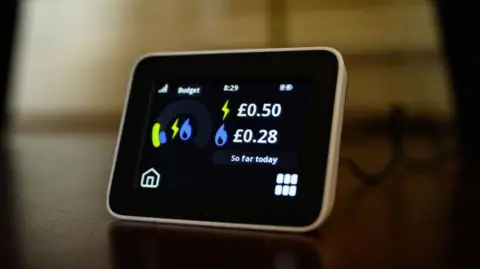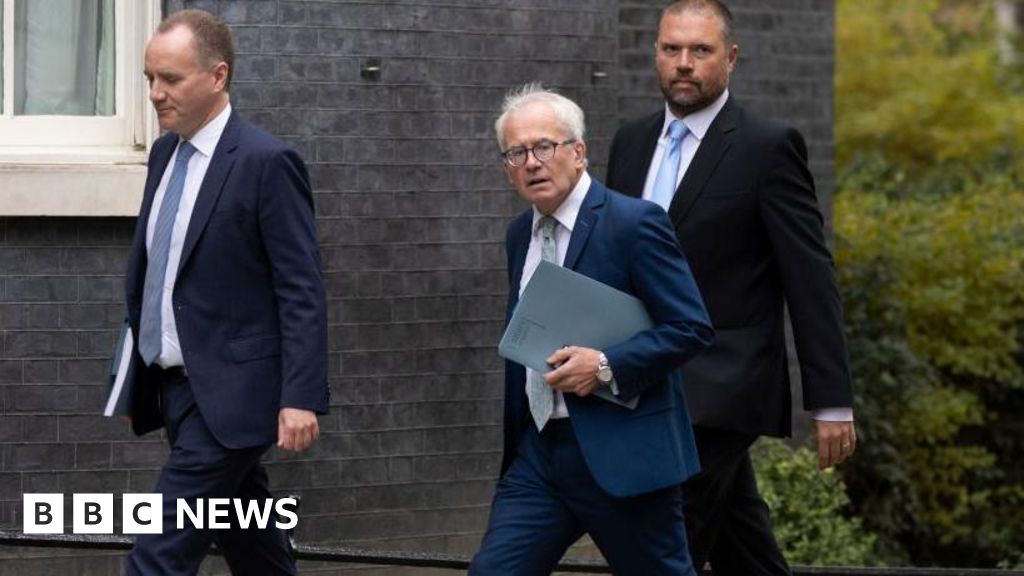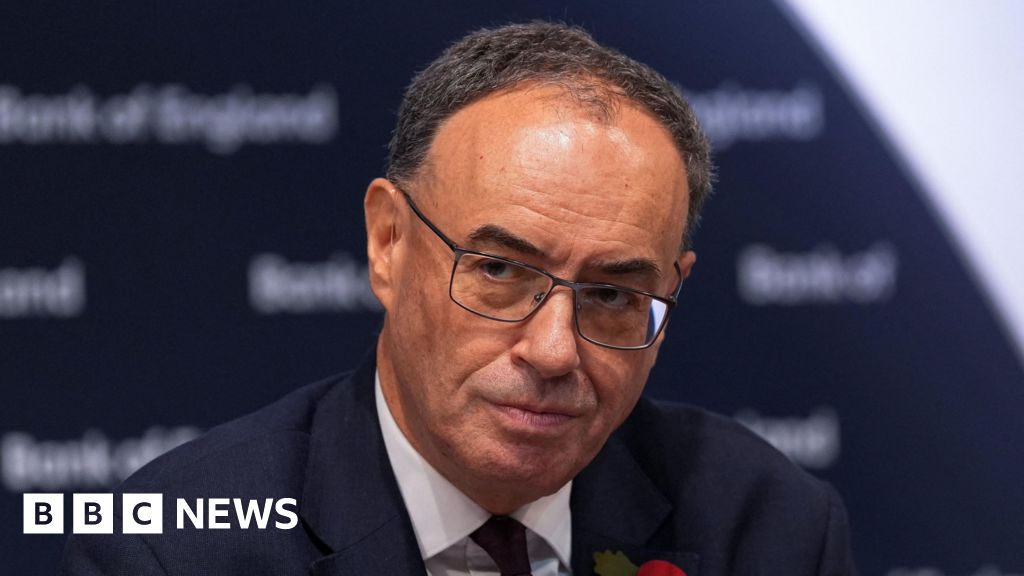
 Getty Images
Getty Images
Some SSE customers will see their gas prices go down, while Power NI electricity customers face higher prices
Some Northern Ireland energy customers face changes to their bills after price rises and cuts were confirmed following a review by the Utility Regulator.
SSE Airtricity has announced that gas prices in Greater Belfast and West will be dropping by 8.47%.
Meanwhile, Northern Ireland's biggest energy supplier, Power NI is set to increase its electricity tariff by 4% for all customers.
The tariff changes, which come into effect from 1 October, come as the Utility Regulator concluded its reviews of the regulated tariffs for Power NI, SSE Airtricity Gas Supply and Firmus Energy.
The SSE tariff decrease means the annual gas bill of a typical household will reduce by about £94 per year.
Stephen Gallagher, from SSE Airtricity said: "We know energy costs remain a primary concern for customers across Northern Ireland, so this price reduction will hopefully provide some welcome relief for many gas customers."
The Consumer Council said it welcomed the reduction and said about 218,000 domestic and small businesses would be affected.
On Thursday, Firmus Energy announced its gas price in the Ten Towns area will fall by almost 8% in October, which is the equivalent to £78 a year for a typical customer.
The Ten Towns area includes Antrim, Armagh, Banbridge, Ballymena, Coleraine, Craigavon, Newry, Londonderry and more than 25 other towns and villages in the surrounding area.
Second Power NI tariff increase in a year
Meanwhile, Power NI said its price tariff rise of 4% was "unavoidable".
A customer with a credit meter will see their bill rise by around £40 per year, while customers with a keypad (PAYG) meter will see a yearly increase of about £39.
This is the second tariff increase from Power NI in less than a year.
William Steele, from Power NI, said the company works hard to keep prices as low as possible.
He said even though wholesale energy prices have stabilised, they remain higher than previous years.
"Unfortunately, rising regulated pass-through market and network related costs which are beyond our control, have made a tariff adjustment unavoidable."

 Movie
Movie 2 months ago
469
2 months ago
469 





![Presidents Day Weekend Car Sales [2021 Edition] Presidents Day Weekend Car Sales [2021 Edition]](https://www.findthebestcarprice.com/wp-content/uploads/Presidents-Day-Weekend-car-sales.jpg)




 English (United States)
English (United States)